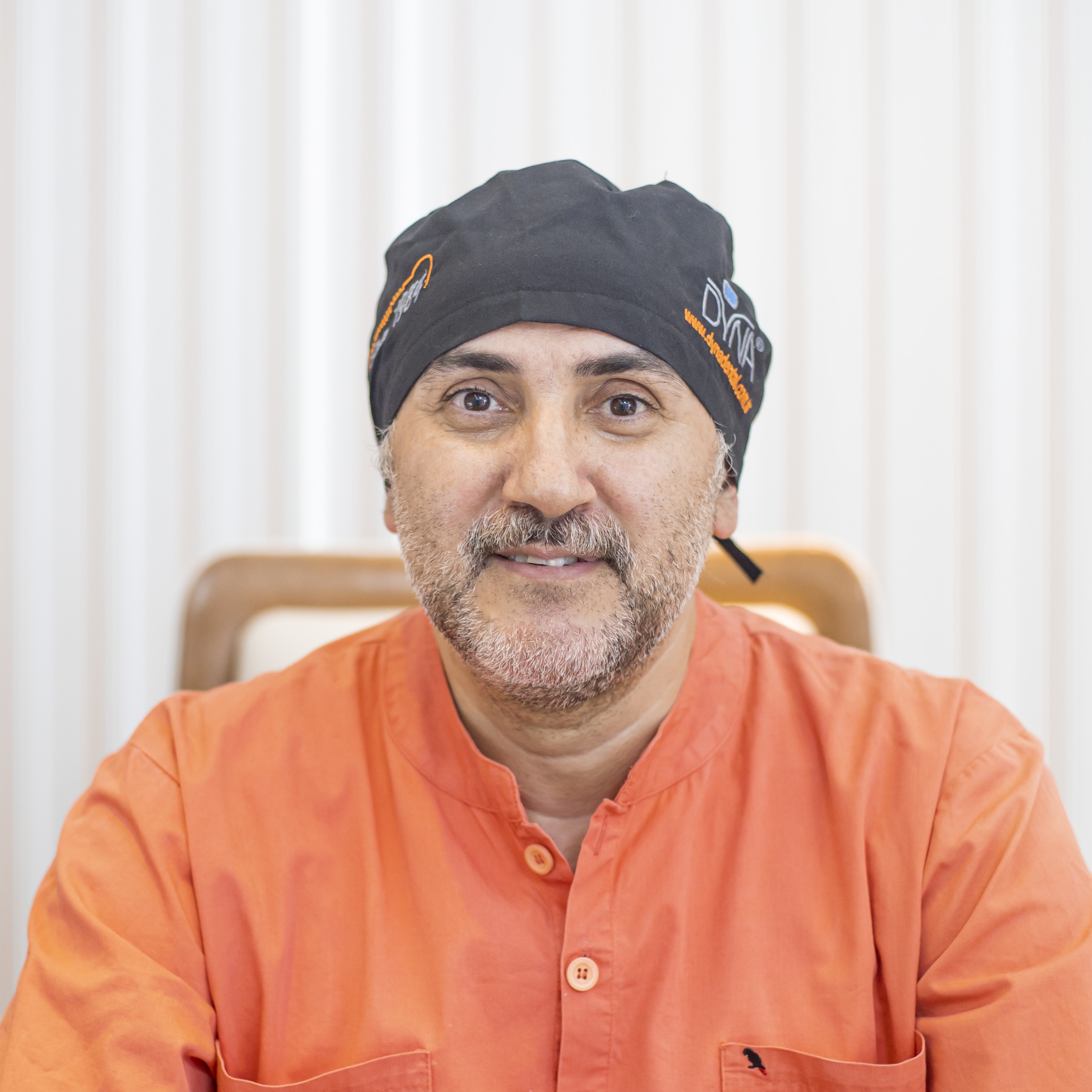Due to accidents, tooth decay, gum disease, or similar conditions, tooth extraction may be necessary. In areas where tooth loss occurs, an ‘implant’ is placed permanently in place of the missing tooth. Implant application is the most reliable method to replace a lost tooth. An implant is not a fake tooth, but rather an artificial tooth root. Artificial tooth roots made of titanium are inserted into the jawbone. After they fuse with the bone, fixed prostheses such as a single tooth or a bridge are placed on top. The advantage of implant treatment is that it provides the closest solution to nature.
Who Can Get Implants?
Implant application can be performed on all individuals who have completed their growth period, regardless of age, provided that their general health conditions are suitable. Implant treatment offers patients a comfortable life. However, implants may not be suitable for every patient. For patients who are not suitable for implants, removable dentures designed for the back areas of the upper jaw are preferred. These removable dentures are a good option for such patients. While this is a classic method, it cannot be said to be very comfortable for the patient. Negative aspects, such as the large area covering the palate, particles getting trapped between the palate, irritation caused by those particles, and difficulties in eating certain foods, often lead many people to avoid using these removable dentures. The best alternative to this is the implant. Implants provide the comfort that removable dentures do not.
How is Implant Treatment Performed?
Implant treatment is performed under local anesthesia, where only the area to be treated is numbed. First, a small incision is made in the gum where the implant will be placed. Then, with specially designed tools, a small cavity is created in the jawbone. The implant is then placed into this cavity and fixed. In the final step, the incision made in the gum is stitched and closed. Since the procedure is done under local anesthesia, the patient does not experience any difficulty or pain during any stage of the treatment. It is a relatively short surgical procedure. After the operation, patients typically have no significant complaints. Rarely, swelling may occur in the cheeks, which usually lasts for 1-2 days.
Is There a Risk of Implants Harming the Body?
Implants are made of titanium, a light, strong, and biocompatible material. Therefore, they are not toxic and do not pose a risk of allergy. However, if the patient has an allergy to titanium, implant placement is not recommended. The brand of the implant and the sterilization of the environment in which the procedure is performed are important for the success of the treatment. However, the expertise of the doctor performing the procedure is the most crucial factor for the implant to fuse with the bone.
What Are the Advantages of Implants?
- They provide much better results compared to other traditional prosthetic applications.
- Implant application does not require cutting the neighboring teeth, thus preserving healthy and original teeth.
- It prevents bone resorption.
- It provides better speech capability.
- The biting and chewing functions are better compared to other methods.
- It is more aesthetic.
- It is more durable.
- It is a comfortable and reliable application.
- It is more cost-effective in the long run.
Many people realize they have a dental issue only when they experience severe pain. Perhaps due to fear of the dentist or economic concerns, they do not have routine dental check-ups. However, issues with oral and dental health are rarely limited to just one tooth. As time passes, both the fear of the dentist and the financial burden increase. Regular dental visits are a practical and cost-effective solution to all of these issues. Identifying problems at an early stage not only makes treatment easier but also reduces treatment costs. In fact, routine check-ups can even prevent oral and dental diseases that would otherwise require treatment.
Dr. Bessam HALİL


